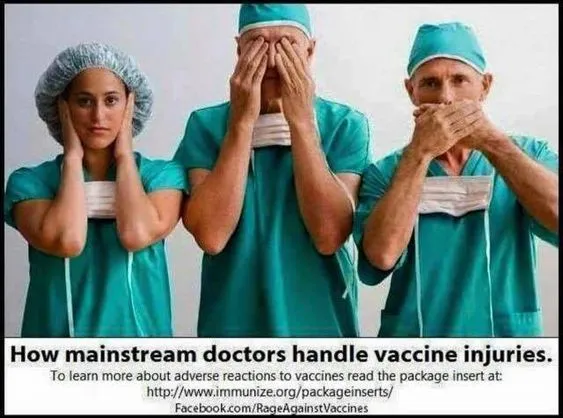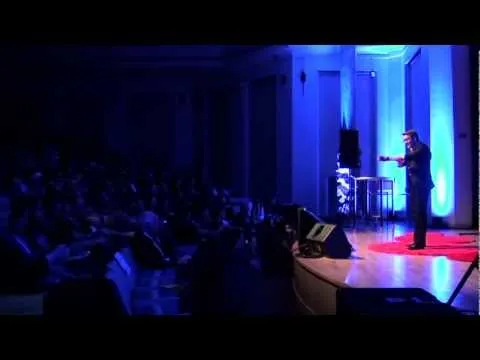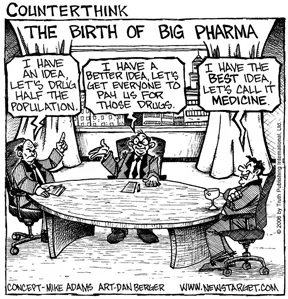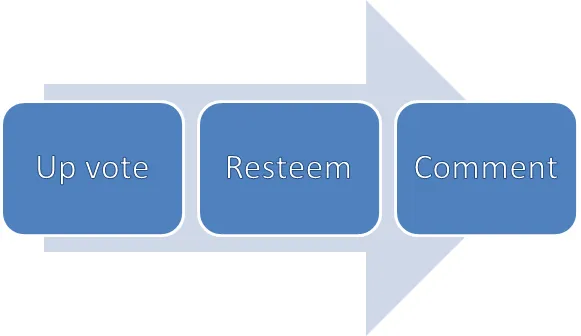
I wanted to become a nurse for as long as I can remember. When I was 11 years old I volunteered as a candy striper at the small local hospital across the street from my school. There I was taught how to make beds, filled water pitchers and carried flowers and mail to the patients. After graduating from high school I took it one step further and I became a nurses aide since the local nursing program was financially out of reach. I eventually got married and had my three children but the desire to become a nurse never left my blood, so I enrolled in a nursing program and became an RN. Knowing I could do so much more for the sick and afflicted I finally became a Certified Registered Nurse Practitioner. I graduated from that program feeling that I was really going to make a difference.
As a medical provider with a license to prescribe medication I was a target. Representatives from the Pharmaceutical Companies would shower all the providers with gifts and dinners and everyone swallowed the "pitch" given by the drug rep as gospel, myself included, after all, that attention made me feel important. No one ever questioned and God forbid never reviewed the potential side effects, as a matter of fact I can honestly say that the side effects were NEVER discussed. The samples were left in the office and were immediately prescribed to patients.

This practice made me increasingly uncomfortable, it is a sick feeling when you realize that you are being Bought.
Because of the Sunshine Act of 2010
Pharmaceutical and medical device companies are now required by law to release details of their payments to doctors and U.S. teaching hospitals for promotional talks, research and consulting, among other categories. Use this tool to search for these payments: Dollars for Docs
Because of this Act many physicians declined to see drug reps and perks such as dinners and vacations went out the window.
It is no wonder that now when you sit down to watch your favorite television show you are bombarded with one drug commercial after another.
A post on Medical Daily states that a recent study conducted by researchers at Dartmouth University and the University of Wisconsin and published in the Journal of General Internal Medicine, 2014 found that “potentially misleading claims are prevalent throughout consumer-targeted prescription and nonprescription drug advertising on television.” Specifically, the study found that 33 percent of the most emphasized claims in prescription and over-the-counter drug ads were objectively true, 57 percent were potentially misleading, and 10 percent were false. Overall, prescription drug ads presented more objective truth (43 percent) and fewer blatantly false claims (just two percent) than nonprescription drug ads.
I would be remiss if I did not also mention the emotional heartache and wasted dollars because of excessive medical testing.
According to a 2012 report by the Institute of Medicine they estimated that $750 billion—about 30 percent of all health spending in 2009—was wasted on unnecessary services and other issues, such as excessive administrative costs and fraud.
Seek and Find Medicine


Video Sources:
Death by Medicine a film by Gary Null ✪ Documentary Films HD 2017
How Medical Screening Turns Healthy People into Patients: Alan Cassels at TEDxVictoria
